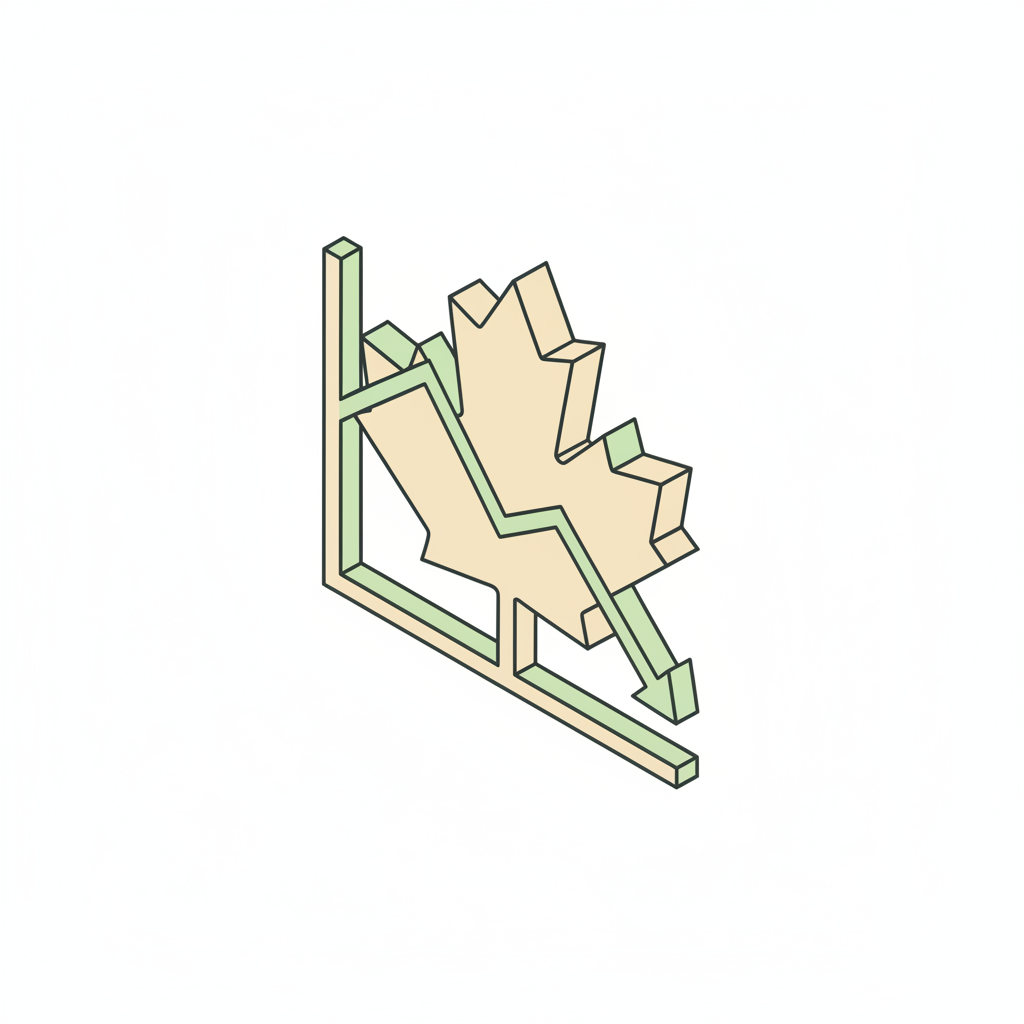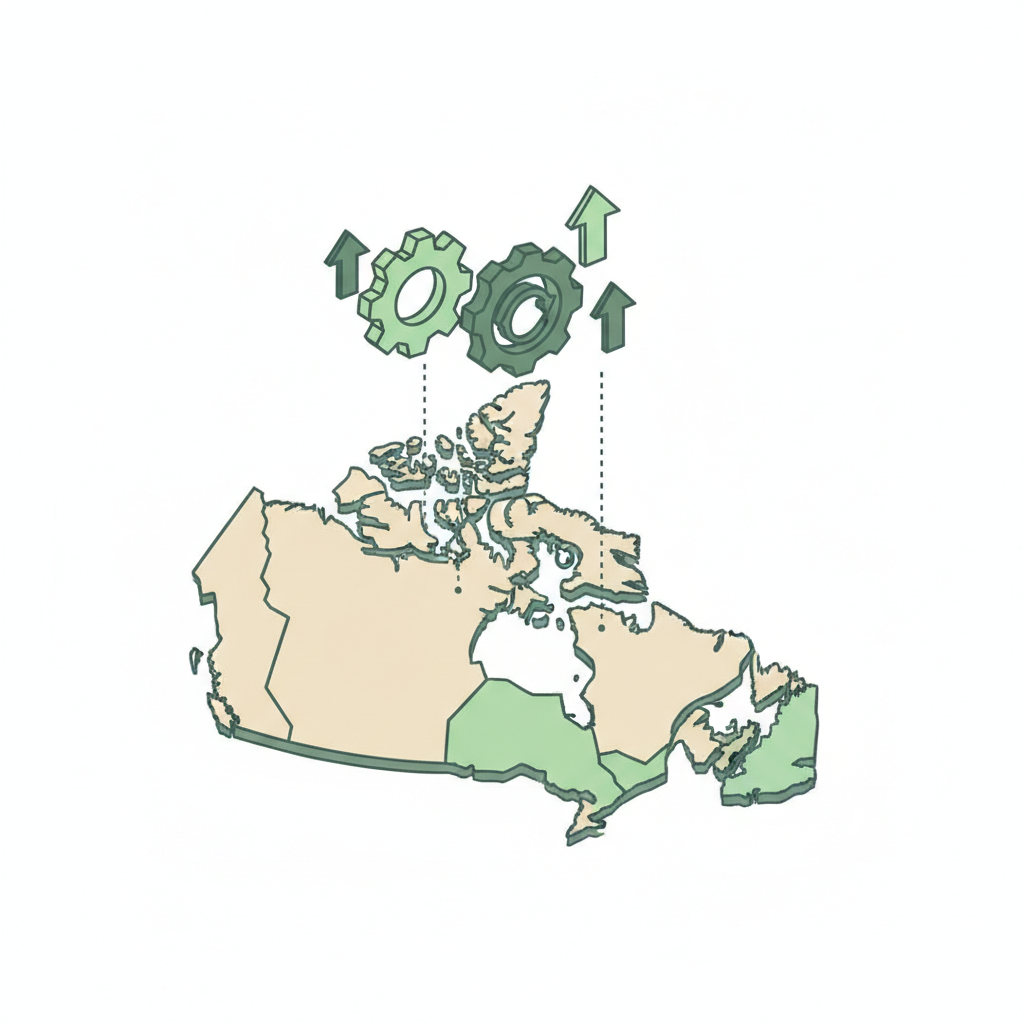As Saint John, New Brunswick, businesses navigate the evolving economic landscape of late 2025, with an eye on fluctuating interest rates and the approaching holiday season, national trade developments continue to shape the broader Canadian market. Keeping abreast of these changes is crucial for local enterprises, and a recent announcement from the Canadian International Trade Tribunal highlights the ongoing efforts to ensure fair trade practices.
Canadian International Trade Tribunal Launches Key Inquiry
The Canadian International Trade Tribunal (CITT) has initiated a preliminary injury inquiry into the alleged dumping and subsidizing of truck bodies from China. This inquiry follows a complaint filed by Morgan Canada Corporation of Bolton, Ontario, and Morgan Transit Corporation of Laval, Quebec, who claim to have suffered injury due to these practices. The investigation, conducted under the Special Import Measures Act (SIMA), began on October 27, 2025, in conjunction with dumping and subsidizing investigations by the Canada Border Services Agency (CBSA).
Understanding the Implications for Local Businesses
While this inquiry originates at a national level, its outcomes could have ripple effects across various sectors, including those in Saint John. Businesses involved in manufacturing, transportation, logistics, or even those relying on truck bodies for their operations, could see impacts on supply chains, pricing, and competition. The CITT’s role is to determine if there is a reasonable indication that the alleged dumping and subsidizing have caused, or are threatening to cause, injury to Canadian industries.
The Tribunal is an independent, quasi-judicial body that advises Parliament through the Minister of Finance on matters concerning dumped and subsidized imports, safeguard complaints, government procurement, and customs and excise tax appeals. Their work is vital in maintaining a level playing field for Canadian companies against unfair international trade practices.
What Happens Next?
The CITT is expected to make a determination by December 29, 2025, on whether there is a reasonable indication of injury. Should such an indication be found, the CBSA will proceed with its investigations, aiming to make preliminary determinations by January 23, 2026. If these determinations confirm dumping or subsidizing, the CBSA will continue its investigations, and the Tribunal will then launch a final injury inquiry.
Interested parties, including businesses and associations, are encouraged to participate in the Tribunal’s inquiry by filing a Form I—Notice of Participation. For more details on this ongoing inquiry, you can visit the Canadian International Trade Tribunal’s official news release.
Frequently Asked Questions
What is dumping in international trade?
Dumping occurs when a company exports a product at a price lower than the price it normally charges in its own domestic market, or lower than its cost of production. This can harm domestic industries in the importing country.
What is subsidizing?
Subsidizing refers to financial assistance provided by a government to domestic producers, which can give them an unfair advantage in international trade by lowering their production costs or export prices.
How does this inquiry affect Saint John businesses?
While the inquiry is national, its outcome could influence the cost and availability of truck bodies, impacting Saint John businesses in sectors like manufacturing, construction, and logistics that rely on these products. It also signals Canada’s commitment to fair trade, which can benefit all Canadian businesses in the long run.
Who is the Canadian International Trade Tribunal (CITT)?
The CITT is an independent, quasi-judicial body in Canada that investigates trade-related complaints, including those concerning dumped and subsidized imports, and provides advice to the government on economic, trade, and tariff matters.




0 Comments